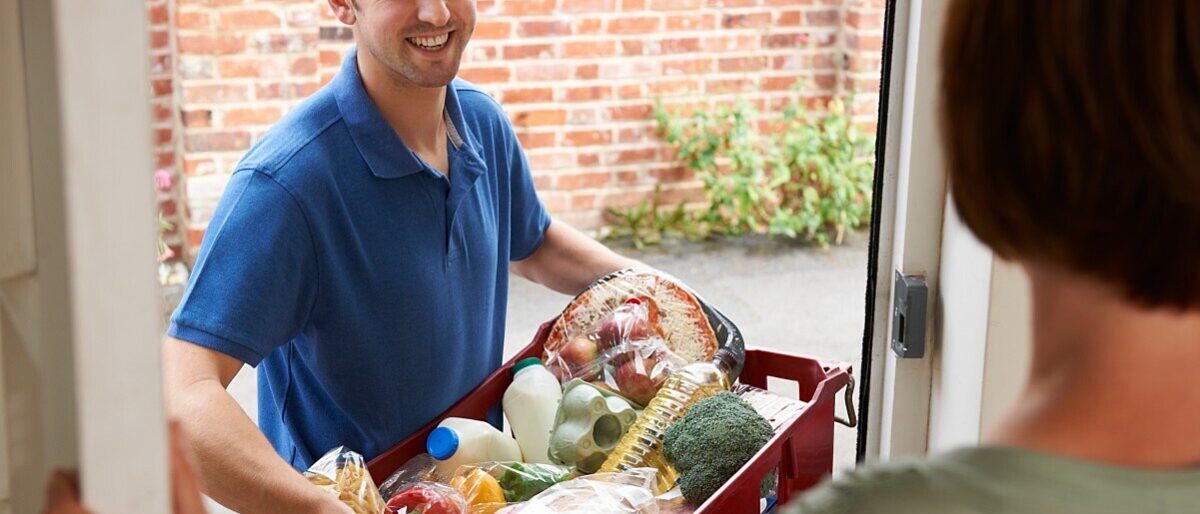
GLAD - Green Last Mile Delivery: a more sustainable way for food home delivery tailored to consumer needs
Consumers are looking for convenience. This is reflected in the growth of food e-delivery. However, the extra traffic causes problems in dense populated areas and has a high impact on the environment (CO2, particulate matter,….).
The objective of the GLAD activity (Green last mile delivery) is to develop both a strategy and a platform that helps making the last mile in food e-commerce at the same time sustainable and adapted to consumer needs while taking into account the economic reality. The platform is based around the idea of last mile delivery as a service where consumer demand is matched with the offering of different transport means (collection points, e-trucks, bikes, delivery by other consumers,…). The platform will use an algorithm that optimizes the mode of last mile delivery taking into account the ecological footprint, cost to serve, available capacity, traffic data and consumer preferences. Dynamic pricing will be tested at consumer level to increase sustainable behavior.
Project lead
Related Projects





